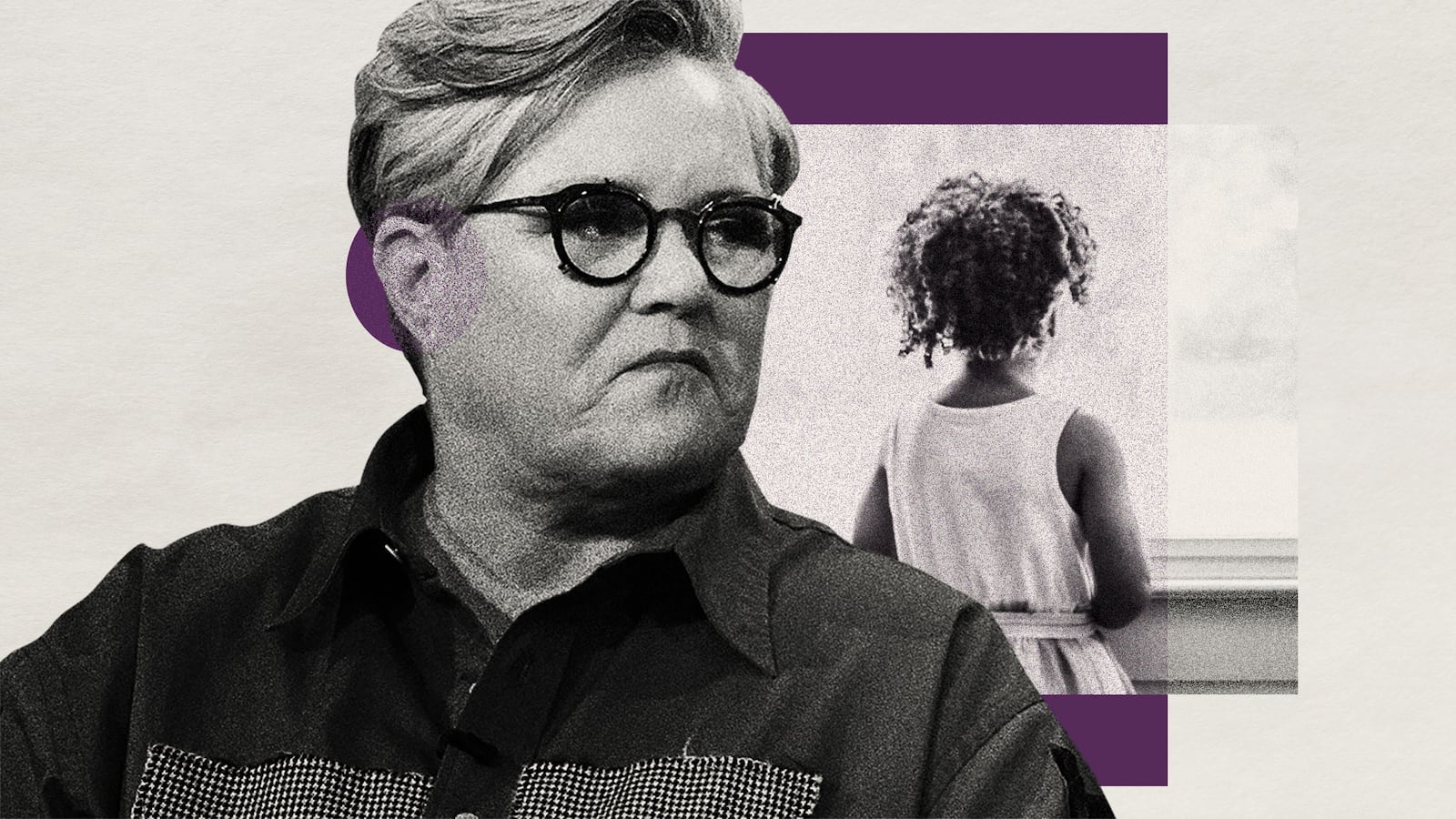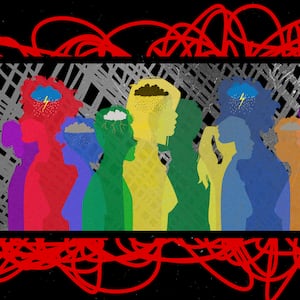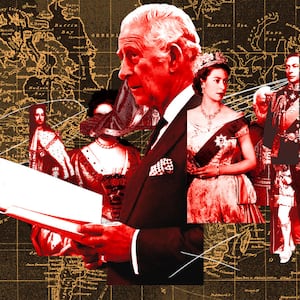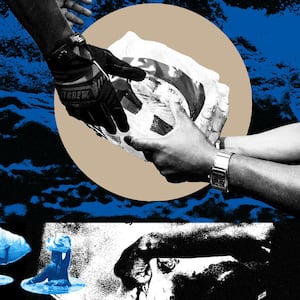With National Adoption Month quickly approaching, the adoptee and former foster youth side of the adoption community on social media have been diligently sharing content to help bring attention to the nuances of adoption.
And while the internet is a powerful tool, I can safely say that I never thought adoptees would be going toe to toe on TikTok with Rosie O’Donnell, a white adoptive mom and celebrity, who said she was sorry that “adoption didn’t work out” for some adoptees, but wants to know what should happen to children without families?
Like Rosie, I wanted to believe that adoption was a solution to the many children in need of homes, and when I stumbled into the online adoption community many years ago after discovering I was adopted, I remember feeling overwhelmed—and even defensive—about how negatively people were depicting something that helped so many.
This is what I now refer to as toxic positivity and saviorism in the workshops I teach to parents and adoption professionals—because so many people are unaware of the dangers and ethical problems of adoption in the United States. Objectively speaking, adoption in the U.S. is often not child-centered, and the desires of adoptive parents and professionals are prioritized along with profit-margins.
This is why it’s a good time for celebrities like Rosie to get uncomfortable—and be willing to talk about the good and the bad.
Adoption is a multimillion-dollar industry that is struggling to keep up with the demand for infants and newborns for couples willing to spend anywhere from a few thousand to over $50,000 to complete their family with a baby. And we’re currently in a baby-bust period in the U.S., which means that there are very few babies available for parents looking to adopt newborns and infants. On average, there are about 36 sets of parents for each single available baby. This issue was actually referred to in a footnote of a draft opinion overturning Roe v. Wade that cites the dwindling “domestic-supply of infants.”
White adoptive couples, in particular, have a history of supporting laws and policies that are detrimental to children and their families. Right now, three white adoptive couples are attempting to overturn the Indian Child Welfare Act (ICWA), a law that has been referred to as the “gold-standard” by a coalition of 18 national child advocacy organizations. ICWA was enacted in 1978 to prevent Indigenous children from losing ties to their culture, after being separated from their families and homes at disproportionate rates to white children. It has helped many children stay connected to their culture and community, which has been proven to be beneficial for the child. However, some white adoptive parents see the act as discriminatory when attempts to adopt Indigenous children were challenged and stopped.
As an adoptee, it is hard to ignore the irony of objections like these—that are supposedly done to stop an unconstitutional practice that factored race in placement—when today, many parents are still benefiting from race-based pricing on children. When would-be adoptive parents go to agencies, they are often asked the race of the child they would be open to adopting, and social workers have been known to divulge that if they are open to adopting a Black, biracial or other child of color, not only will wait times decrease, but so will the cost of the adoption fees.
If more adoptive parents were willing to learn more about unethical adoption practices, they would also see the harm that some of these policies have on children.
Studies have shown that adoptees are approximately four times more likely to attempt suicide than non-adopted children, and are more likely to struggle with other emotional and behavior problems.
Children are also being actively “rehomed” on Facebook, where pictures and private medical information are posted publicly for thousands to see.
Rehoming is the unregulated custody transfer of adoptive parents placing the custody of a child to another person or family without the involvement of child welfare. And despite organizations like Second Chance Adoptions legally using Facebook to advertise children available for adoption because “the child didn't adapt well to the first adoptive home so a new secondary adoptive home is being sought,” many adoption advocates are critical of their methods and the lack of ethical oversight in adoption.
There’s also the issue of children being separated from their families at the border, only to be lost in our foster system. And if we dig into transracial adoption we can see how many BIPOC children struggle with their racial identity and self-esteem when they are raised in primarily white communities and families that are not prepared to raise a child from another culture. A large number of transracial adoptees, like myself, have struggled with racism in our adoptive families, and have experienced pressure to be quiet about our experiences so we don’t scare people from adopting.
Rosie O’Donnell has since shared an apology for her tone, and added that she “knows that there is a lot wrong with the system,” how CPS has a history of trafficking children, and how she understands the Primal Wound.
While I and many others appreciate her acknowledging some of these issues, it’s time that more adoptive parents get uncomfortable and do the work to advocate for necessary changes in the system that they profit from.









